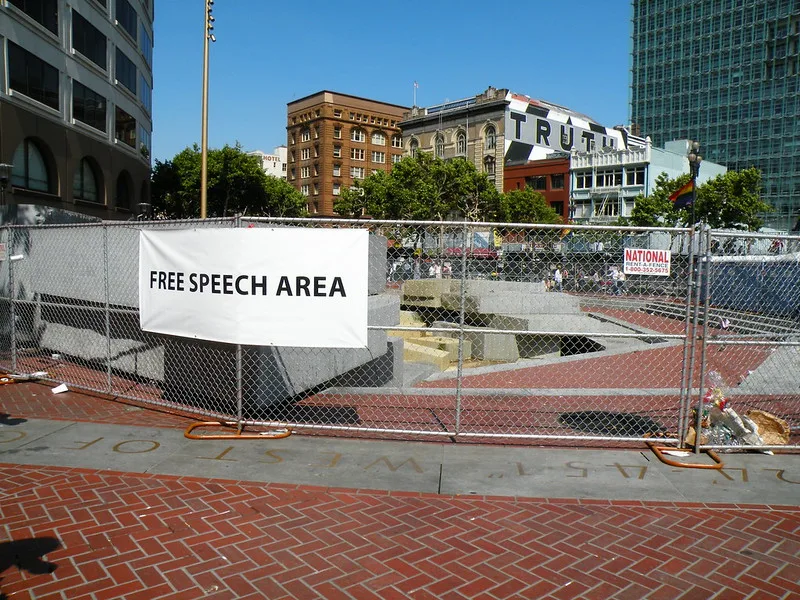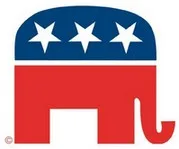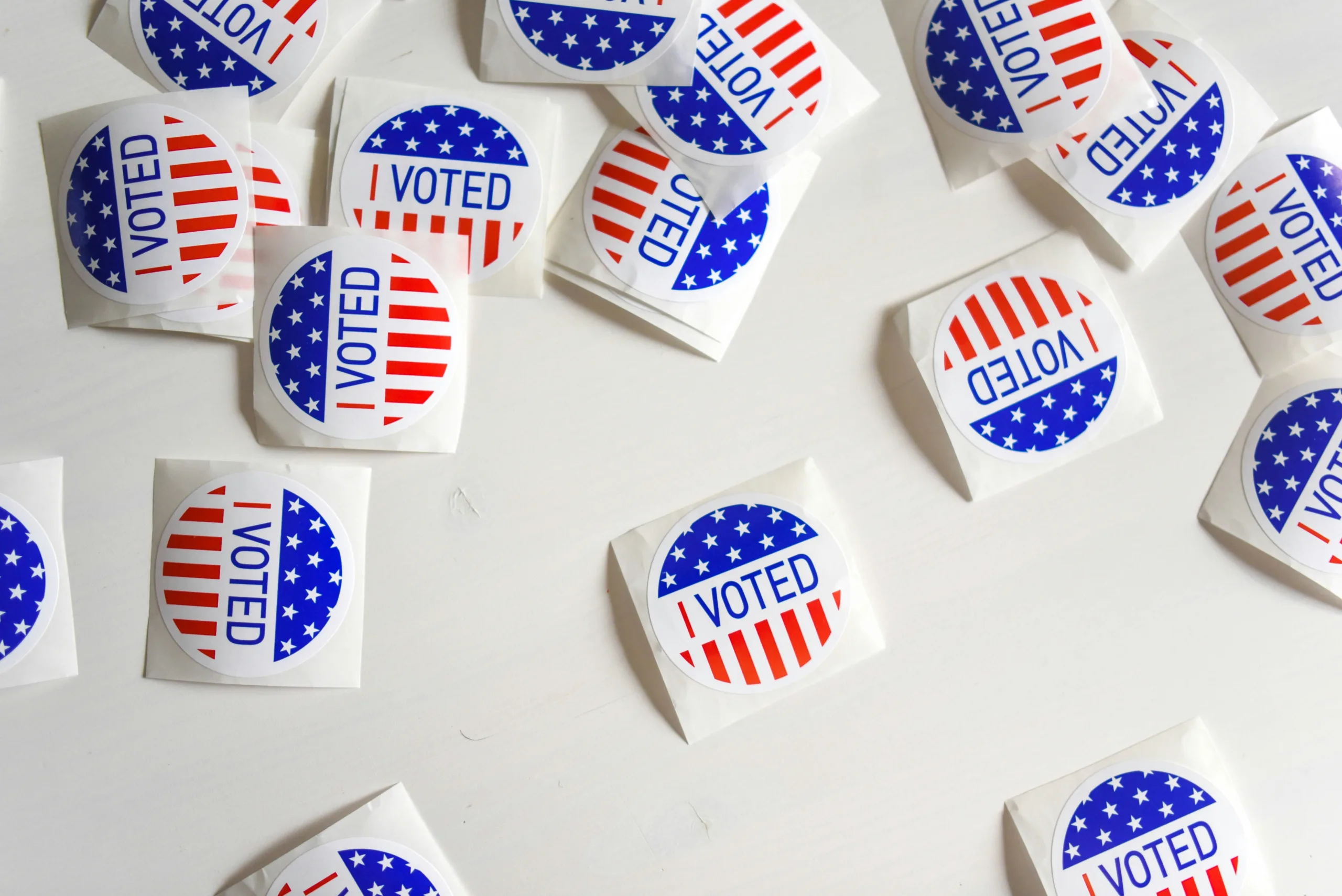Table of contents
In today’s rapidly evolving world, academic freedom has come under increased scrutiny, with debates about free speech and diversity of thought taking center stage in higher education. As the federal government’s influence grows, proposals to manage campus protests and leverage funding could profoundly impact academic independence. Critics argue that such political pressure could stifle dissenting voices and undermine the diversity of thought. Both are undoubtedly essential to a vibrant educational environment. This raises important questions about the principle of shared governance, where educators, administrators, and students should ideally make decisions collaboratively. As we delve into this higher education debate, it’s crucial to understand how these dynamics could reshape the landscape of academic freedom and the fundamental right to express diverse viewpoints on campus.
Understanding Academic Freedom


Defining Free Speech on Campus
Free speech on campus is a cornerstone of academic freedom, allowing for the exchange of diverse ideas and opinions. However, defining what constitutes free speech can be challenging, especially in a polarized political climate. Universities often struggle to balance the right to free speech and maintain a safe and inclusive/ environment. This tension is exacerbated by federal government influence, which can impose additional pressures on institutions. According to discussions from prominent political figures, there’s a risk that political pressure could limit the diversity of thought essential for a thriving academic setting. Given these challenges, universities must establish clear guidelines for free speech while fostering respectful and constructive dialogue. This approach protects academic freedom and reinforces the principle of shared governance among educators, administrators, and students.
The Role of Diversity of Thought in Education
Diversity of thought refers to including a wide range of ideas within a given setting. Consequently, it is intrinsically connected to free speech. In universities, diversity of thought is vital because it encourages creativity, innovation, and critical analysis by allowing various voices to be heard and debated. This diversity enables a richer educational experience by exposing students to viewpoints that challenge their assumptions and encourage intellectual growth. Free speech also supports this by providing a platform where individuals can express ideas without fear of censorship or reprisal. Therefore, the relationship between diversity of thought and free speech is fundamental, as both are necessary to cultivate an open and dynamic academic environment where learning and development thrive.
Diversity of thought is crucial in universities because it sparks creativity and critical thinking. These institutions should be places where different ideas are shared and debated, enriching the learning experience. However, political pressures and government influence threaten this diversity by potentially restricting what can be said or thought on campus.
Critics are concerned that this could lead to a uniform academic environment, discouraging the lively discussions that drive progress. If universities want to fight against this, they’ll need to create spaces that welcome and value diverse ideas. This means protecting free speech and promoting respectful conversations among students and faculty. By doing this, colleges can maintain academic freedom and help students develop the skills to tackle complex social issues.
Challenges of Federal Government Influence
The growing federal influence on universities threatens academic freedom because its funding is used to control campus protests. This political pressure can cause faculty to self-censor students, fearing backlash for controversial opinions. Stifling the diversity of thought is detrimental to impactful academic dialogue. Additionally, steering accreditation to fit political motives jeopardizes shared governance. Universities must stand firm, embracing open, inclusive environments. It’s critical for stakeholders to champion the independence of academic institutions, keeping them as hubs of free expression and creativity.
Navigating Campus Protests


Balancing Dissent and Dialogue
Balancing dissent and dialogue is a critical challenge in managing campus protests. On one hand, protests are a vital expression of free speech, allowing individuals to voice concerns and challenge the status quo. On the other hand, maintaining respectful dialogue is essential to ensure all viewpoints are heard and considered. Universities must strive to create environments where both dissent and dialogue can coexist. This includes establishing clear protest guidelines that protect all participants’ rights while encouraging constructive interaction. Moreover, fostering a culture of empathy and understanding can help bridge divides and facilitate meaningful discussions. As political pressures mount, it’s increasingly essential for academic institutions to uphold these principles, ensuring that campus protests contribute positively to the educational experience.
Impacts of Political Pressure
Political pressure significantly impacts how universities handle campus protests and manage free speech. When external forces attempt to influence academic policies, there’s a risk of undermining the institution’s independence and the diversity of thought it promotes. Such pressure can increase scrutiny over acceptable speech, possibly suppressing dissenting voices. This can create a chilling effect, where students and faculty may hesitate to express controversial opinions due to fear of repercussions. Additionally, political pressure can divert university resources toward compliance rather than fostering an open and innovative academic environment. Universities must resist these pressures and commit to free expression and dialogue. By doing so, they can ensure that campus protests remain a healthy part of the democratic process, contributing to the academic community’s overall growth and learning experience.
The Importance of Shared Governance
Shared governance plays a pivotal role in navigating campus protests effectively. This principle ensures that decision-making involves educators, administrators, and students, fostering an inclusive and democratic process. When handling contentious issues like protests, shared governance allows diverse perspectives to be considered, leading to more balanced and equitable outcomes. It also empowers all stakeholders to take ownership of the policies and guidelines that shape their academic environment. In political pressure, reinforcing shared governance can safeguard against external influences, maintaining the university’s autonomy and commitment to academic freedom. By valuing this collaboration, universities can better address campus protests’ complexities while promoting an atmosphere of understanding. This approach not only protects the rights of individuals to express their views but also enriches the educational experience for the entire academic community.
Protecting Higher Education Independence
Threats to Academic Autonomy
Academic autonomy is increasingly under threat from political and economic pressures. These threats can manifest through attempts to dictate curricula, influence research agendas, or manipulate accreditation processes to align with specific political ideologies. Such intrusions risk compromising the core mission of universities: to foster independent thought and advance knowledge. When external forces overshadow the decision-making processes of educational institutions, the result can be a narrow, constrained academic environment that stifles innovation and critical inquiry. Federal government influence on institutional policies poses a significant challenge, potentially homogenizing ideas and diminishing diversity of thought. Protecting academic autonomy requires vigilance and advocacy from all university stakeholders, ensuring educational institutions can pursue truth and knowledge without undue external interference.
Strategies for Maintaining Academic Freedom
Maintaining academic freedom in the face of external pressures requires strategic and proactive measures. Universities can reinforce policies that protect free speech and encourage open dialogue, respecting and considering diverse opinions. Establishing clear guidelines for academic conduct and decision-making processes can help safeguard against undue influence. Moreover, fostering a culture of transparency and accountability within the institution can empower faculty and students to voice concerns without fear of retribution. Engaging with broader academic networks and advocacy groups can also provide support and resources to uphold academic autonomy. By actively collaborating with policymakers and community stakeholders, universities can advocate for legislative frameworks that protect higher education independence. These strategies preserve the integrity of academic institutions and enhance their role as beacons of knowledge and innovation.
The Future of the Higher Education Debate
The higher education debate is poised to intensify because political and societal forces continue to challenge the core principles of academic freedom and autonomy. As universities strive to maintain their independence, they face the dual pressures of adapting to technological advancements and addressing growing demands for inclusivity and diversity. The role of federal government influence in shaping educational policies will likely remain a contentious issue, with potential implications for funding, accreditation, and campus governance. To navigate this evolving landscape, educational institutions must prioritize dialogue and collaboration among all stakeholders. Engaging in open discussions about the value of diverse perspectives and the importance of free speech will be crucial. Ultimately, the future of higher education will depend on the ability to balance innovation with tradition, ensuring that universities remain spaces where critical thinking and creativity can flourish.
Case Study: Republican Political Pressure and Academic Freedom


The example of political pressure exercised by Republicans like House Majority Leader Steve Scalise underscores universities’ challenges in maintaining their autonomy. On October 10th, a video revealed efforts by the Republican-led House to harness the influence of the American Israel Public Affairs Committee, aiming to suppress pro-Palestinian student protests on campuses. Scalise suggests this initiative is aligned with the White House. However, that is contingent on a potential Donald Trump victory in the upcoming presidential election. His warning of revoking accreditation—an essential validation process tied to federal funding—threatened the very existence of universities.
Scalise’s statement, “Your accreditation is on the line. You’re not playing games anymore, or else you’re not a school anymore,” highlights institutions’ intense pressure. Such political maneuvers risk reshaping academic environments into spaces of uniformity, suppressing the diverse discourse that fuels critical thinking and innovation. This case study illustrates the precarious balance universities must maintain between upholding free speech and navigating external political pressures. It raises urgent questions about the role of federal government influence in education and the safeguards necessary to protect academic freedom and institutional independence.
How Supporting Kamala Harris At The Ballot Box Will Save Our Academic Freedom
Kamala’s stance on free speech
Kamala Harris has consistently championed the protection of free speech, particularly within academic settings. She emphasizes fostering environments where diverse ideas are freely shared. That is essential for educational growth and innovation. Harris also advocates for policies that uphold the autonomy of academic institutions, ensuring they remain free from undue political influence. She also aims to reinforce academic freedom by supporting measures protecting students’ and faculty’s rights to express their views.


Essential Information For Finding An Early Voting Location Near You
Finding an early voting location is crucial for participating in the democratic process and supporting candidates like Kamala Harris. Here’s how you can locate a convenient early-voting site near you:
- Visit Your State’s Election Website: Most state election websites list early voting locations, including addresses and operating hours.
- Use Online Resources. Websites like Vote.org or CanIVote.org offer tools to find nearby early voting sites by entering your address or zip code.
- Check Local News Outlets: Local newspapers and news websites often publish guides to early voting locations and hours.
- Contact Local Election Offices: Directly contacting your local election office can provide specific details on early voting sites.
These resources will help you ensure your voice is heard during the early voting period. Please contribute to the preservation of academic freedom and our democratic process.


Conclusion
The ongoing debate over academic freedom and free speech in universities highlights the complex interaction between educational independence and political pressures. As federal government influence grows, the potential for stifling diverse thought and undermining shared governance becomes a pressing concern. By advocating for policies that protect academic autonomy and foster open dialogue, stakeholders can help preserve the integrity of higher education institutions. Supporting leaders like Kamala Harris, who prioritize free expression and diversity of thought, is crucial in this effort. Early voting provides a valuable opportunity for individuals to influence the future of academic freedom by electing officials who champion these values. By staying informed and engaged, we can contribute to an educational environment that encourages innovation, critical inquiry, and a vibrant exchange of ideas. By doing so, we protect academic freedom and strengthen the democratic foundations on which our society is built.

Leave a Reply